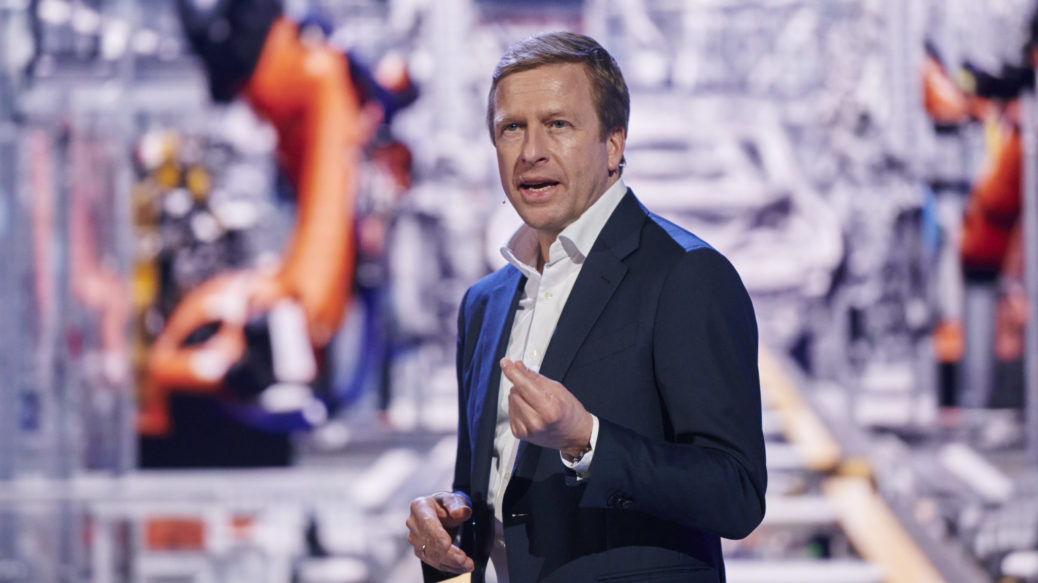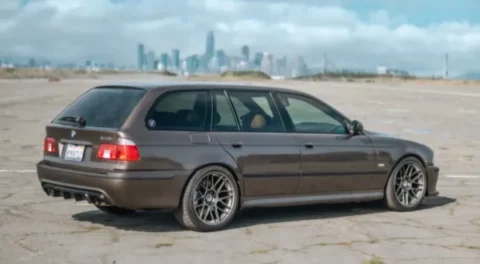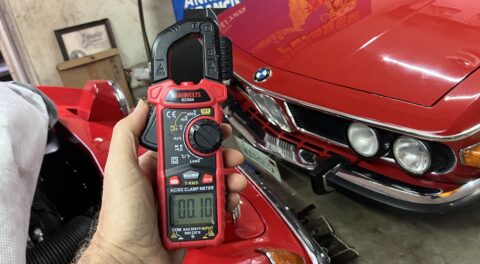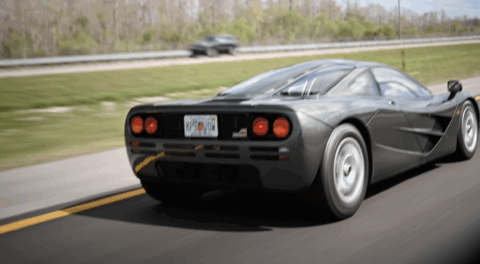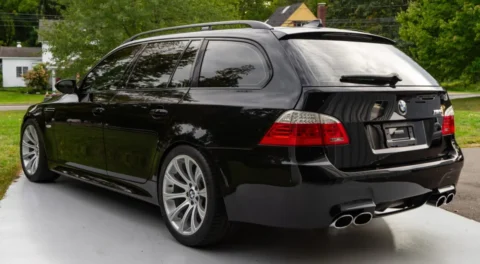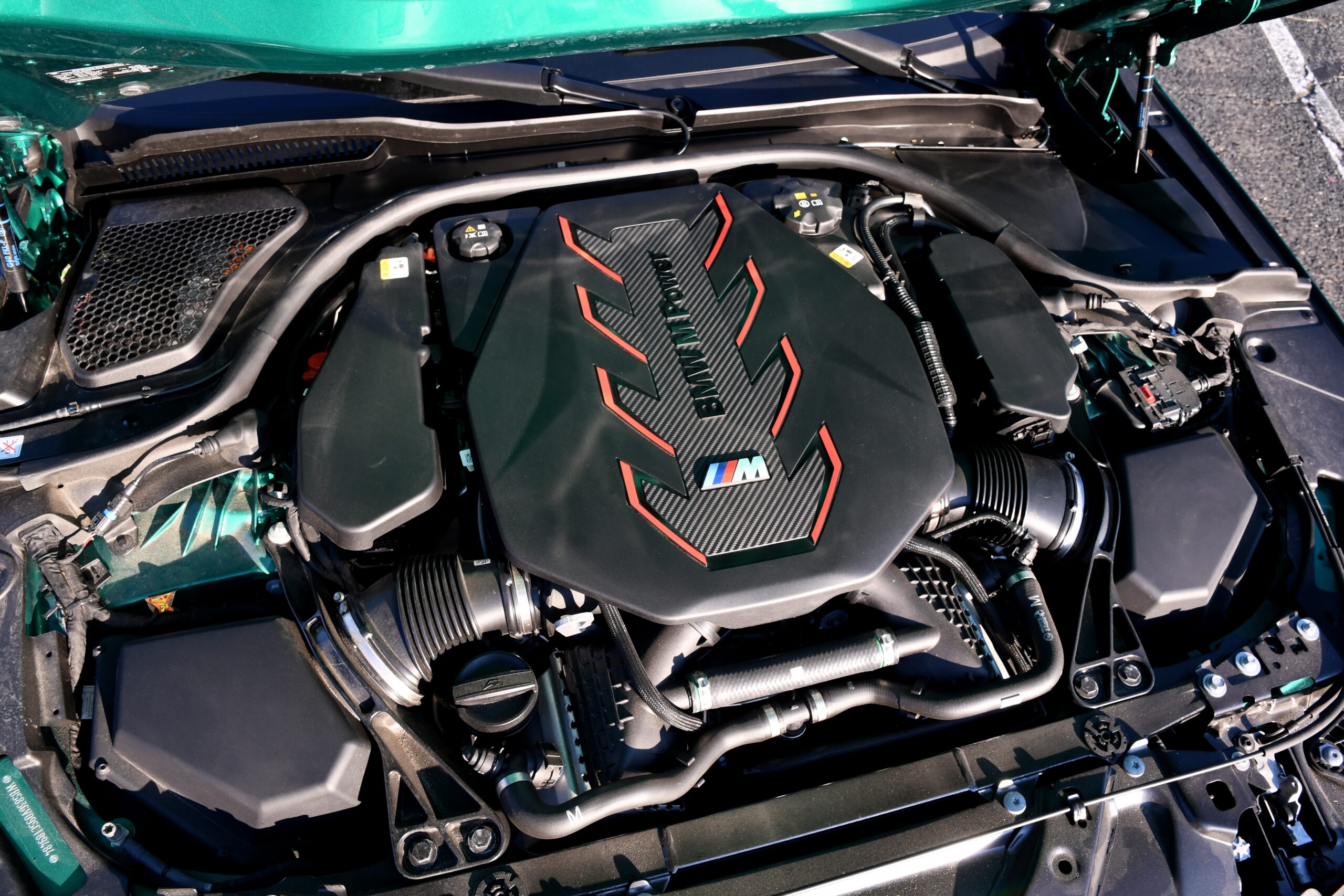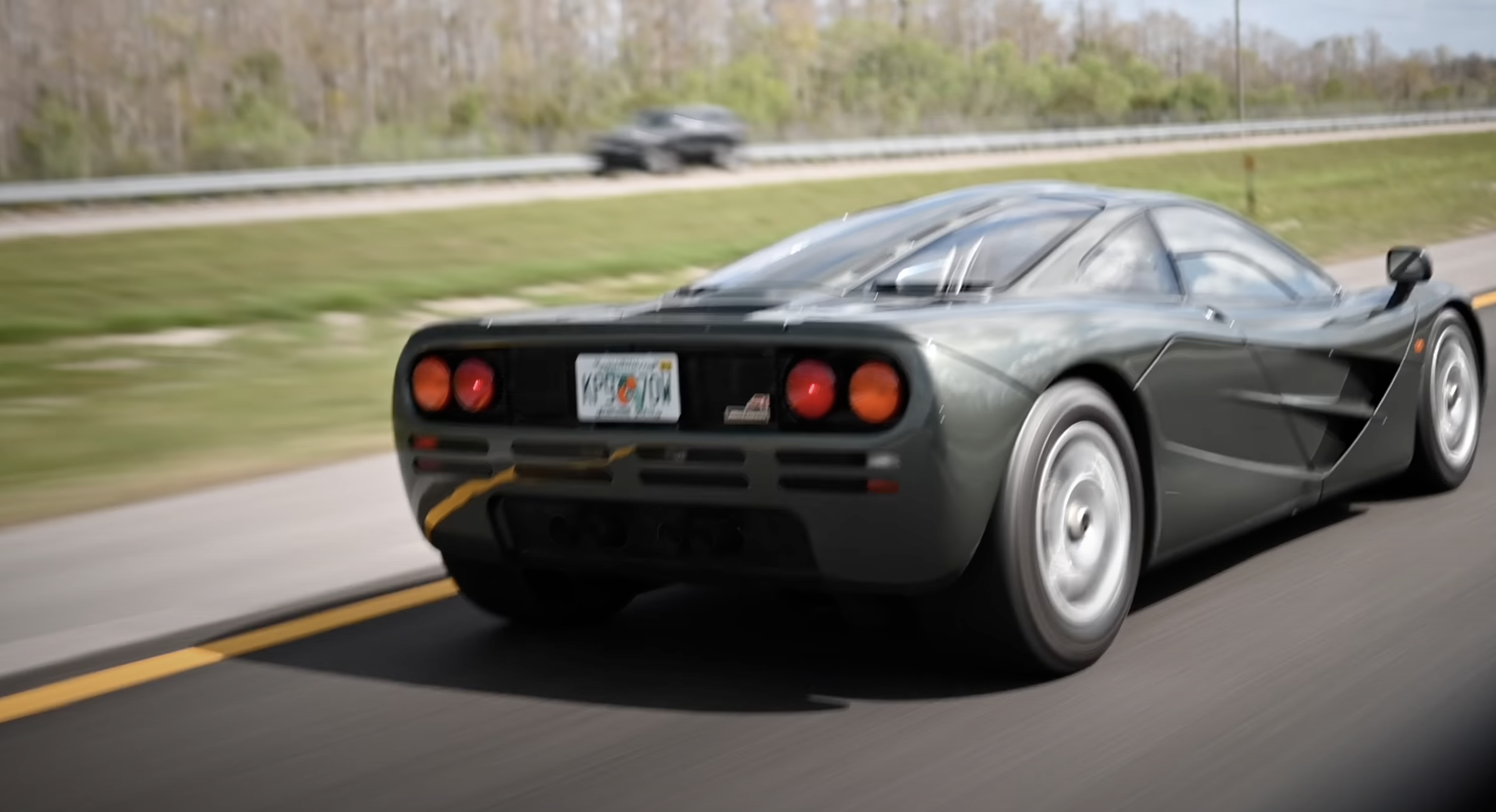At a media roundtable held in conjunction with the New York International Auto Show this week, BMW CEO Oliver Zipse urged caution when discussing the growing momentum behind the transition to electric vehicles in the automotive industry. Although BMW itself is currently in the midst of a so-called electric offensive, with numerous models in the pipeline such as the i7 electric 7 Series and iX1 electric X1 among others, the automaker’s flexible production practices allow fully-electric, internal combustion engine-powered, and hybrid-electric vehicles to be manufactured on the same assembly lines. This enables BMW to react to market trends and customer demands by scaling the amount of vehicles produced with a given propulsion system.
“When you look at the technology coming out, the EV push, we must be careful because at the same time, you increase dependency on very few countries,” explained Zipse at the event. The CEO went on to highlight the global dependence on China in regard to the production of electric vehicles, but it’s important to note that BMW’s fifth-generation eDrive motors don’t use the rare earth metals required by electric motors from other automakers, and the company has established itself as an industry leader in the field of pioneering the sustainable extraction of lithium.
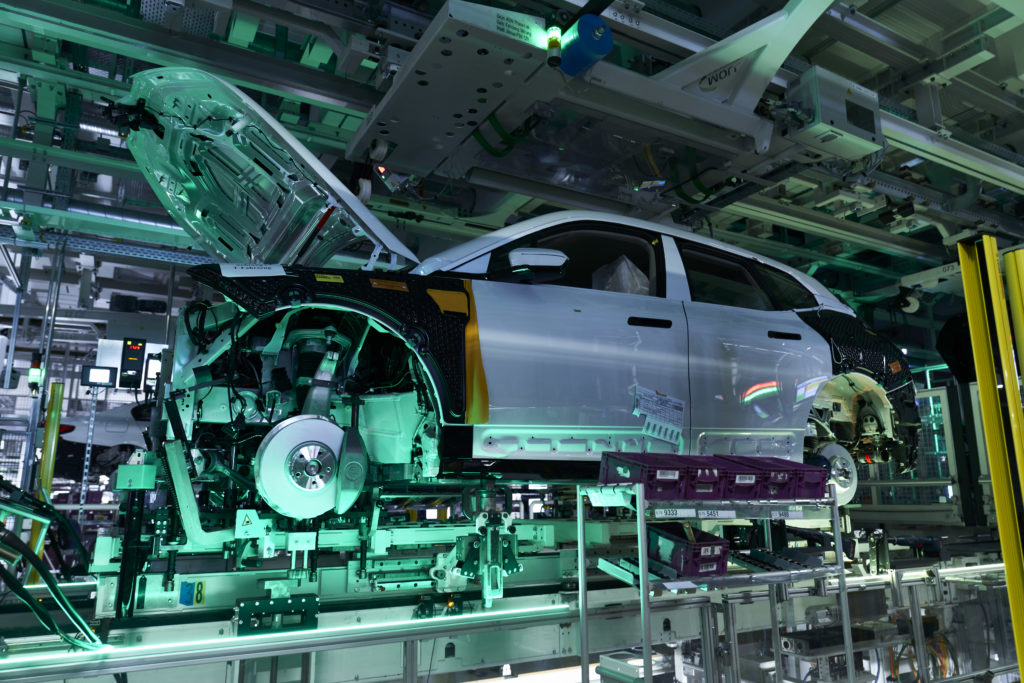
Zipse also addressed the potential risks involved with abandoning or perhaps banning internal combustion technology with too much haste. “If someone cannot buy an EV for some reason but needs a car, would you rather propose he continues to drive his old car forever? If you are not selling combustion engines anymore, someone else will,” said Zipse, signaling that BMW is likely to stay the course with internal combustion engines for the foreseeable future, because if they don’t, another competitor will step in to fill the void. Zipse has previously expressed his opposition to internal combustion engine bans, but has also made it clear that BMW is ready for a variety of possibilities thanks to its diversified product lineup. The CEO also argued that continuing to produce internal combustion engines with increasing efficiency is of particular importance from both a financial and environmental perspective, citing the current state of charging infrastructure and the expensive nature of electric vehicles.
Another topic of discussion related to the costs of raw materials and other shortages the automotive industry (among others) is facing. Zipse explained that companies need to effectively budget for rising energy and raw material prices by increasing efficiency as it applies to production and bolstering recycling efforts. “We have a peak now, they might not stay at the peak, but they will not go back to former prices,” explained Zipse. “How much energy you need and use, and circularity, is important—for environmental reasons but even more for economic reasons.”
The remarks by Zipse follow him being quoted a week earlier by a German newspaper as saying he expected the current semiconductor microchip shortage to continue through 2022 into next year.—Alex Tock
[Photos courtesy BMW AG.]

